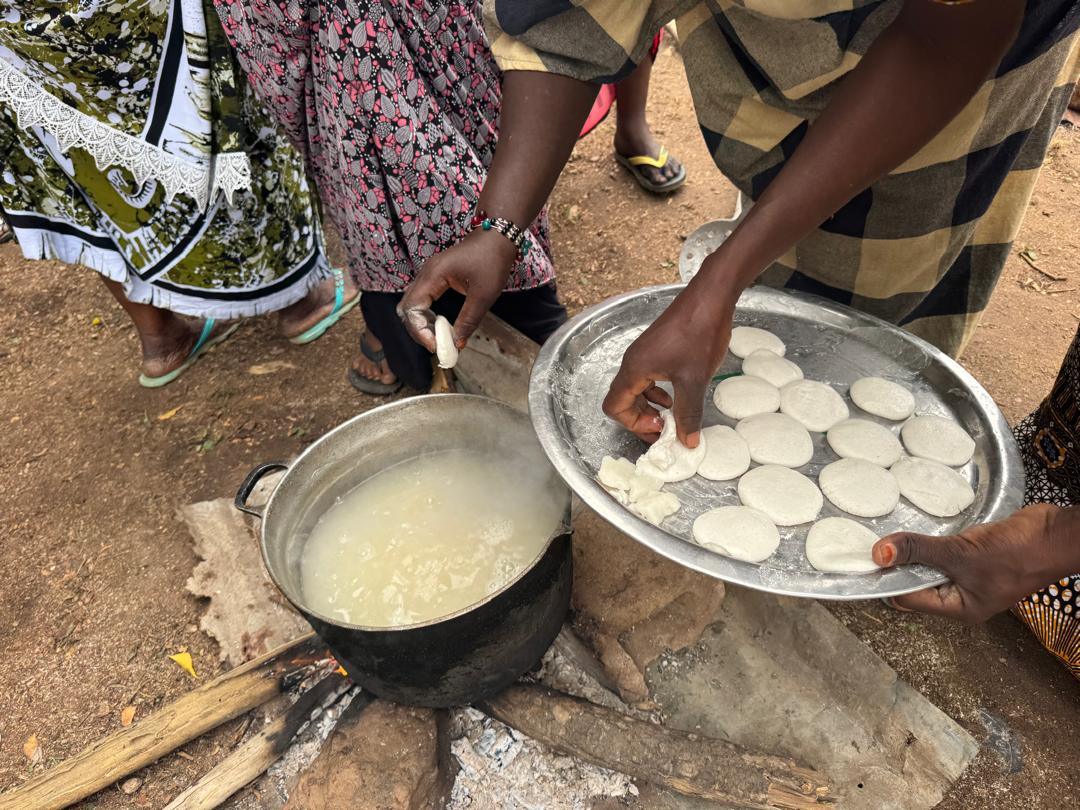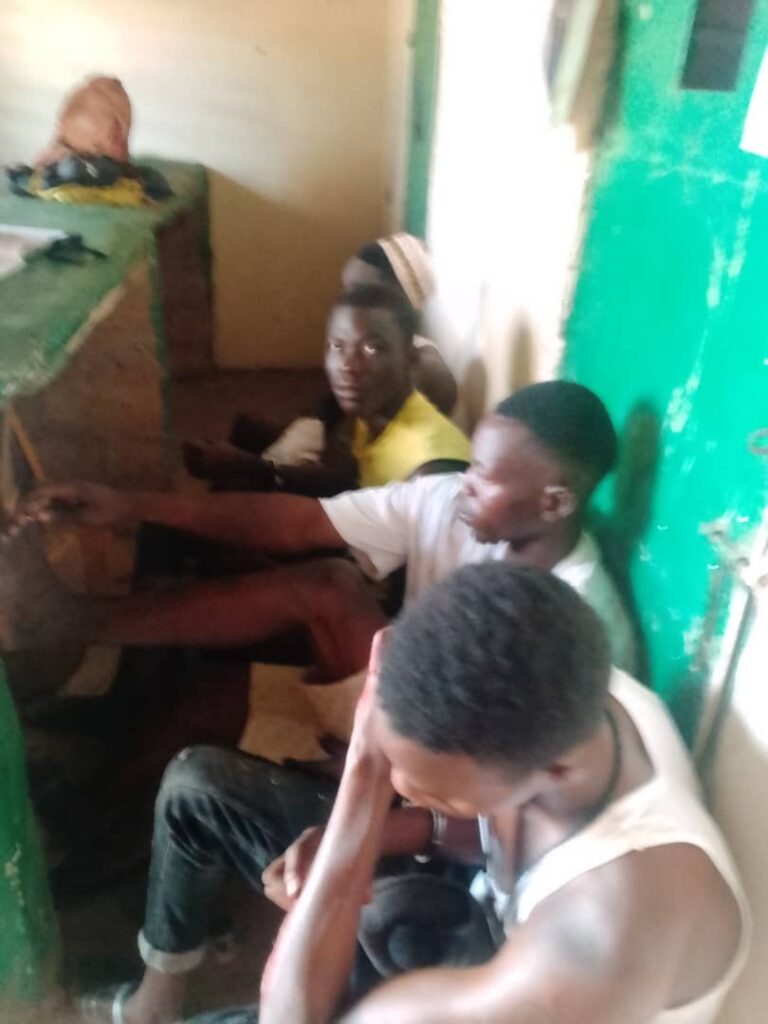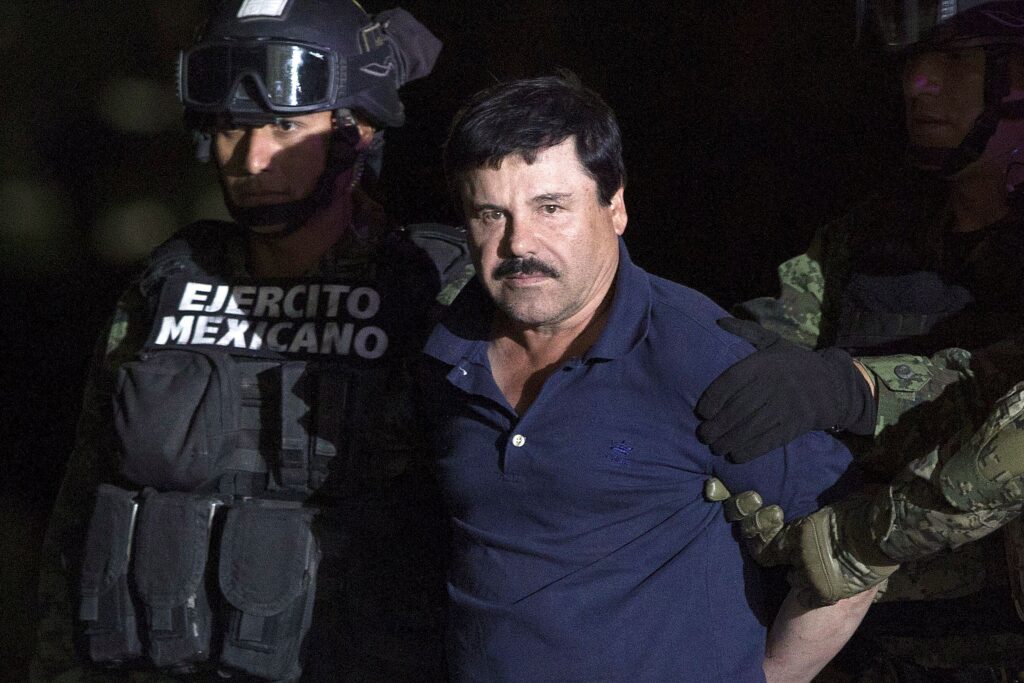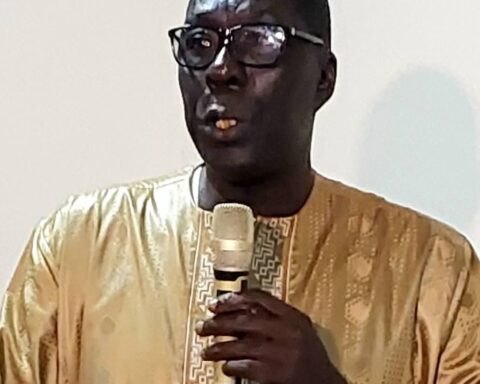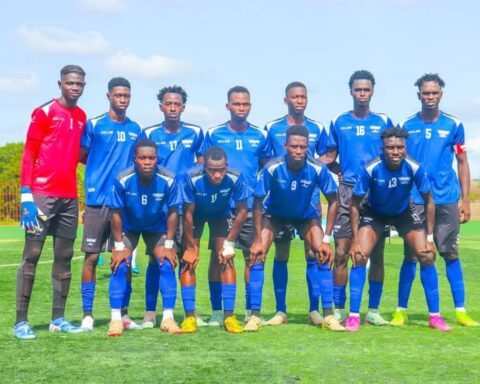By Alieu Ceesay
In the heart of The Gambia’s Central River Region, the settlement of Kudang under a sky heavy with promise, Sukary Fatty stood beside a calabash brimming with freshly pounded rice powder. A gentle drizzle began to fall, and the elderly woman from Kudang lifted her eyes to the clouds, her smile radiating quiet confidence. “We have seen signs for a good farming season,” she declared during the village’s annual Munkutuwo festival. “When we were pounding rice, and it rained a bit, that really shows us that the rainy season will be a fine one. Everything must have a sign.”
For over two centuries, the people of Kudang and its surrounding villages have gathered to celebrate Munkutuwo, a vibrant cultural festival that honors their history, strengthens community bonds, and invokes blessings from the divine for the upcoming agricultural season. This year’s event, held over a lively weekend, was a testament to the enduring spirit of Kudang’s heritage, drawing locals, dignitaries, and visitors to partake in rituals, performances, and shared hopes “‘We Have Seen Signs of a Good Season’: Kudang Celebrates Cultural Festival with Hopes for a Bumper Harvest” for a bountiful harvest.
The festivities began on Friday night under the flickering glow of firewood, deliberately chosen over the village’s available electricity to honor ancestral traditions. The air buzzed with excitement as young men competed in a traditional wrestling match, their movements a nod to the physical prowess celebrated by generations past. The night culminated in the Seko dance, a joyous expression of unity that united men, women, and children in a rhythmic celebration of their shared identity. Laughter and music echoed through Kudang, binding the community in a moment of collective pride.
On Saturday morning, the village awoke to the rhythmic pounding of mortars and pestles as families gathered in their Kabilos—traditional family compounds—to prepare Munkutuwo, the ceremonial meal central to the festival. Made from finely pounded rice powder, the dish is shared among households in a symbolic act of unity and prayer. “This is our way of seeking God’s blessings for the rainy season,” explained a local elder, emphasizing the spiritual weight of the ritual. For the people of Kudang, Munkutuwo is more than food; it is a sacred offering, a bridge between the physical and spiritual worlds.
The festival’s significance extends beyond the village, drawing prominent figures across the Central River Region. The Governor, Chiefs, religious leaders, and representatives from the Ministry of Arts and Culture attended, underscoring their commitment to preserving The Gambia’s rich cultural tapestry. Their presence highlighted Kudang’s role as a custodian of traditions that resonate far beyond its borders.
The mesmerizing masquerade performances were at the heart of the celebration, each steeped in meaning and mystery. The “Paso” and “Nyangkiri” masquerades captivated onlookers with their intricate costumes and dynamic movements. More than mere entertainment, these performances are believed to embody spiritual protection and serve as vessels for cultural storytelling. As the masquerades moved through the crowd, their presence evoked a sense of connection to the ancestors who first established these rituals. Musa Tunkura, a Kudang native, stood close to one of the performers, his eyes alight with pride. “We have found our ancestors doing this cultural practice, and we will continue doing it,” he said, his voice firm with resolve.
Despite the festival’s deep spiritual roots, some have questioned whether it involves sacrifices, a misconception local leaders quickly addressed. “Kudang was formed in 1804, and from that time to now, we have been born into this culture,” an elder clarified. “Some think this is about sacrifices, but it is not. It is purely cultural and spiritual.” This commitment to clarity ensures that the festival remains a unifying force, free from misunderstanding.
Kudang’s cultural significance is further enriched by its historical sites, each woven into the fabric of the festival. The “Nama Sitah,” a sacred baobab tree, stands as a symbol of spiritual energy, revered by locals for its protective powers. Nearby, the “Nama Berreh,” a stone placed at the village’s edge, is believed to bless those who visit. Perhaps most intriguing is the “Mansin Kolong,” a mysterious well said to have appeared without human hands. Locals believe the water offers spiritual protection and enhances understanding, particularly for children and students. These sites, visited by festivalgoers, are tangible links to Kudang’s storied past.
The “Nama Sitah,” a sacred baobab tree, stands as a symbol of spiritual energy, revered by locals for its protective powers.
As the weekend drew to a close, the message of Munkutuwo rang clear: Kudang’s culture is alive and thriving. Through rituals that honor the earth, performances that tell ancestral stories, and a community spirit that binds generations, the people of Kudang are steadfast in their mission to preserve their heritage. The drizzle that fell as Sukary Fatty spoke seemed to affirm their hopes—a sign of rains to come, fields heavy with crops, and a future rooted in the traditions of their forebears. In Kudang, the past and present coexist, ensuring that the values of their ancestors will endure for generations to come.
The post Exclusive: Kudang’s Munkutuwo Festival: A Celebration of Culture and Hope for a Bountiful Harvest appeared first on The Alkamba Times.


